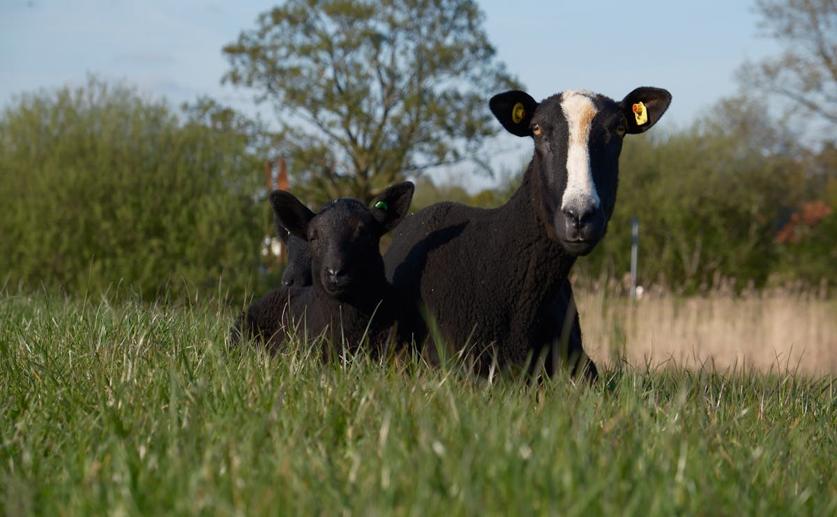
Boosting Lamb Growth and Meat Quality with Pomegranate Pulp
Jim Crocker
22nd May, 2024

Image Source: Julia Schmidt (photographer)
Key Findings
- The study at the University of Tabriz found that feeding Ghezel lambs pomegranate pulp improved their growth performance and live weight
- Lambs fed with pomegranate pulp had higher levels of beneficial fats and antioxidants in their meat, enhancing meat quality and shelf life
- The lambs showed improved blood parameters, indicating better protein metabolism and bone health
FruitsAgricultureAnimal Science
References
Main Study
1) Feeding pomegranate pulp to Ghezel lambs for enhanced productivity and meat quality.
Published 22nd May, 2024
https://doi.org/10.1016/j.vas.2024.100356
Related Studies
2) Meat composition, fatty acid profile and oxidative stability of meat from broilers supplemented with pomegranate (Punica granatum L.) by-products.
3) Pomegranate peel and peel extracts: chemistry and food features.
4) Total volatile basic nitrogen and trimethylamine in muscle foods: Potential formation pathways and effects on human health.



 18th May, 2024 | Jenn Hoskins
18th May, 2024 | Jenn Hoskins